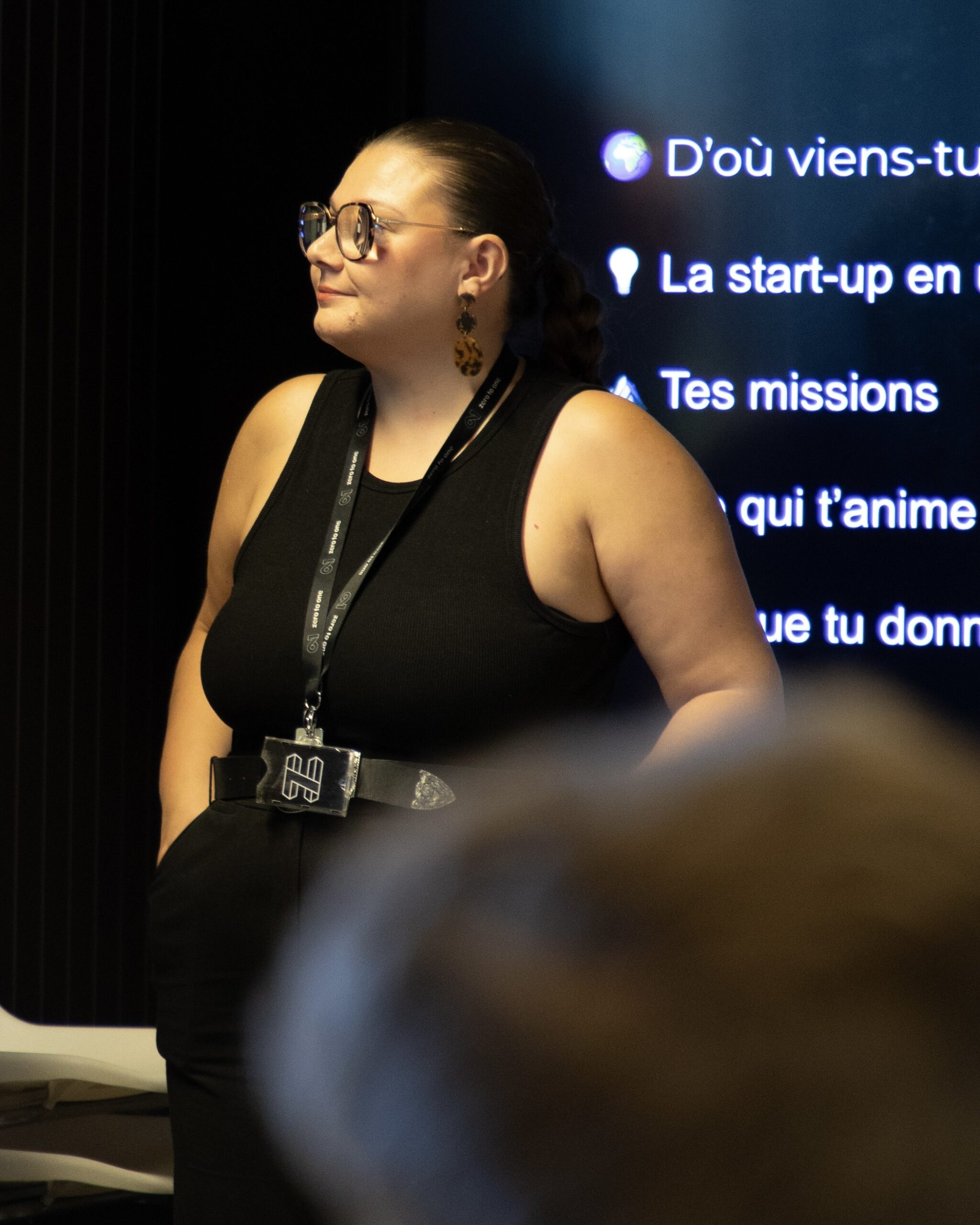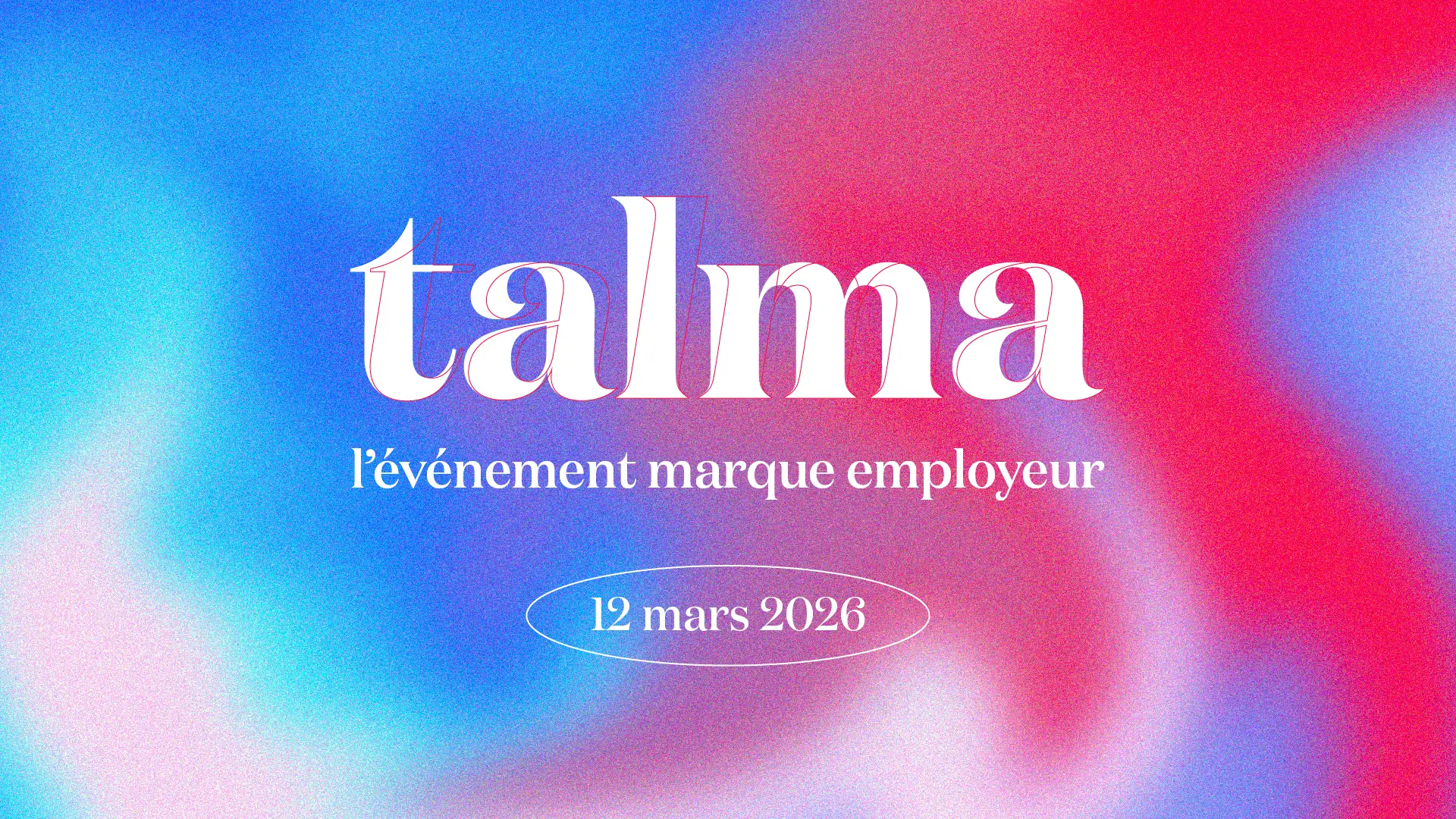Meet the four winners of 13M, the first nationwide digital inclusion gas pedal created by Banque des Territoires, Groupe SOS, H7 and Pulse.
Hello Mehdi and Stephan, can you tell us a bit about yourselves?
Mehdi: I’m Mehdi Bensafi, president of the NECC association and Sport Manager on the taekwondo and para-taekwondo competition as part of the Paris 2024 Olympic Games.
Stephan: My name is Stephan Euthine, I’m treasurer of the NECC association and I’ve been working for the LDLC group for 23 years. Since 2010, I’ve been managing the professional esport team “team LDLC”, which became “LDLC OLYMPIQUE LYONNAIS” in 2020.
Esport refers to the competitive practice of video games, alone or as part of a team, at a professional level.
How did you meet?
Mehdi: Alongside my professional activity, I’ve always had a foot in the associative world. For several years now, I’ve been very involved in a structure called Synergie Family, which offers experiences with a strong educational value.
In this context, we wanted to develop a new venue and attract the public through the prism of esports. To find the right model and develop the project, I approached esport experts in the region, in particular LDLC OL. That’s when I met Stephan.
Stephan: As part of my work with the LDLC OL esport team, I worked with the Tony Parker Adéquat Academy to set up the first esport studies program for a professional sports team. Since the creation of our team, I’ve been able to observe the sporting ecosystem and its excesses. I’m thinking in particular of the recruitment of younger and younger players (16 and under) without adapting to school schedules, at the risk of making them drop out of school in the hope of a short-lived career in esports. In recent years, I’ve even received emails from parents who wanted to take their children out of school to get involved in esports. I’ve been working in the industry for several years, I know it well, and it terrified me!
I said to myself that we had to act, to propose concrete solutions and above all to inform people who don’t have the knowledge of the environment and who need to be supervised, thanks to tools and why not a dedicated place. I tried to imagine several business models, including an associative dimension, but couldn’t find the right one. When Mehdi told me about his project, I saw how our ideas complemented each other and I immediately agreed.
Can you tell us about the NECC project?
Mehdi: NECC (National Esport Club & Community) is a digital hub for educational and inclusive innovation. With this project, we want to provide a framework for the practice of video games, and turn them into an educational tool through support programs .
We are active in the fields of professional integration (video game and digital professions, links with local missions), intergenerational integration, socio-educational integration, digital initiation, school support, parent support and the creation of experiences with strong educational values (digital, sports, artistic, cultural, code, ecology…).
As a friendly place, NECC fosters social ties and contributes to the development of civic values of mutual aid and solidarity .
Stephan: When Mehdi and I met, we started building the foundations. Thanks to our respective knowledge of the public and private sectors, we had a fairly clear vision of the landscape, which enabled us to question and refine the model. With NECC, we want to combine esport and public utility. We integrate existing players into this hybrid model, with the aim of supporting beneficiaries over the long term.
What was the starting point for the NECC project?
Stephan: Today, nearly 5 million people play esports in France. We need to offer tools, resources and a place to support and make the most of video games, and use them as a means of reaching out to people in need of support, particularly when it comes to digital technology.
Mehdi: Thanks to esports, we’re able to attract a public ranging from young people to senior citizens, not forgetting local residents. As we have seen on a daily basis, all these people have lost the habit of frequenting social and cultural establishments such as MJCs (Maison des Jeunes et de la Culture) or Maisons de Quartiers.
Since 2021, we have reached more than 3,400 people with our off-site activities – gaming, job discovery, digital support…
What is your definition of digital inclusion?
Mehdi: Digital inclusion is a tool for equal opportunity. Today, digital technology is constantly evolving: how can we democratize the subject?
There’s a real problem with education. Transmitting a skill isn’t the most complicated part, the real challenge is teaching.
Stephan: We need to create pretexts for people to get together and take an interest in digital. This will help us identify their needs.
A few months ago, we organized a Wii Bowling competition for a senior audience. The average age per team was 65. With this activity, we are combating the sedentary lifestyle of the elderly, stimulating intergenerational exchanges and, above all, initiating a first encounter to help them get to grips with digital technology: looking at recipes or making a video call. With this pretext, we guide them towards learning and solving everyday problems.
How do you deal with the reluctance of beneficiaries towards video games and digital technology?
Stephan: Our challenge is to de-demonize the tool, because if the practice is well supervised, the possibilities are numerous (learning, collaboration, improved cognitive skills, decision-making, stress reduction…).
We do a lot of teaching. For example, we teach parents how to manage their children’s screen time. We give them the means to think of video games as a tool, so that they don’t “suffer” them, but rather socialize and talk about them. For seniors, we offer activities to teach them how to use a smartphone, discover how a computer works, find information, access rights…
Mehdi: We’re going to use digital technology to recreate social links, and make the most of all that video games have to offer. We don’t necessarily talk about digital inclusion. Instead, we market our actions and events: we promote a café or a competition, to create trust and get our beneficiaries on board.
In terms of support, we play down difficulties and failures as much as possible. We want to promote what they’re already able to do to remove any obstacles.
What makes up the team?
Mehdi: Today, we already have a site – in Vaulx-en-Velin, on the outskirts of Lyon – which is in the test phase. We want to be sure that the reactor core is sound before duplicating the model in other cities.
Stephan and I are both involved in strategy, and we plan to add an accountant in the coming months.
At the venue, our team is made up of a venue manager, an esport referent, a pedagogical manager and an esport and digital coach. From time to time, we are supported by volunteers and temporary staff.
What do you expect from the 13M program?
Stephan: We want to create a spin-off specification for our development and take a step back from the project. If, at the end of the support program, the specifications are approved, we’ll be able to multiply the concept in other territories. Demand is strong, we need to accelerate, and we need advice to create and sustain a business model. We’re also looking to expand our team.
Mehdi: For my part, I think 13M’s experts can help us with tools and measuring the impact of our programs. We hope to be able to set up a solid business monitoring system.
What can we wish you for the future?
Mehdi: We’re determined to make our mission a lasting one. Right now, we’re sailing on the waves, but we’re aiming very high. We’re proud to have four passionate employees with very different backgrounds. We’re all working together enthusiastically to advance digital inclusion and unlock everyone’s potential.
Our ultimate goal is to continue to grow, while ensuring that everyone we work with feels fulfilled and realized in their work. We’re convinced that, by working together and through this attractive third place, we can achieve our goals and achieve great things.





